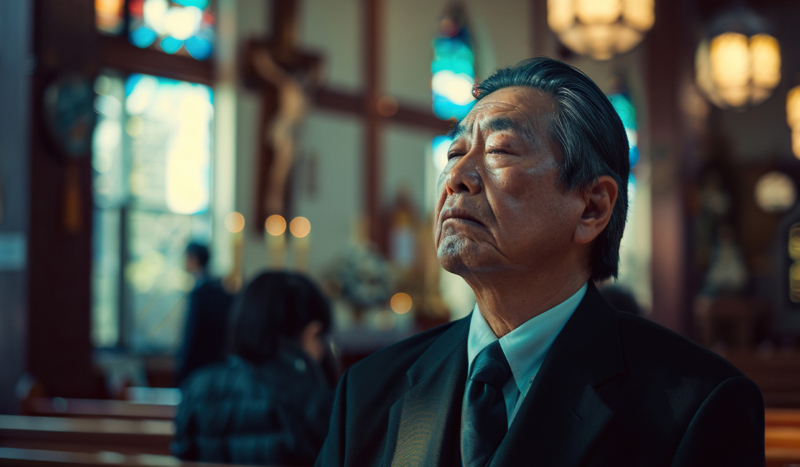
CV NEWS FEED // To promote political awareness and involvement among the faithful, the Catholic Bishops’ Conference of Korea surveyed the major political parties that will likely participate in the upcoming parliamentary elections.
According to an April 2 AsiaNews report, the Catholic Bishops’ Conference of Korea sent a 43-item questionnaire regarding the country’s most pressing policy issues, including employment, national reconciliation, social welfare, bioethics, environmental protection, women, justice, peace and youth. Topics included the death penalty, possible expansion of the lifespan for nuclear power plants and the possibility of establishing a special commission to investigate the Itaewon crowd crush.
The People Power Party, the Democratic Party of Korea and the Green Party Korea, which are among the four political parties jockeying for parliamentary seats at the April 10 elections, agreed to complete the survey. President Yoon Suk Yeol belongs to the People Power Party.
Survey responses were due March 28, the day that officially started South Korea’s 14-day campaign period.
With respect to the death penalty, the Democratic Party of Korea and the Green Party Korea reported that they “strongly agreed” with abolishing the practice. The PPP expressed “a much more cautious position.” The People Power Party’s position also diverged from the other two parties’ regarding nuclear power plants. The President’s party expressed a desire to expand. The Democratic Party of Korea and the Green Party Korea said they want to investigate the Itaewon crowd crush.
According to a report that the Stimson Center published on April 4, the parliamentary elections will help or hinder the remaining three years of the Yoon government. President Yoon Suk Yeol took office in March 2022, unseating the former Democratic Party of Korea leader by just 0.8%. As the Stimson report notes, the Yoon government currently faces declining approval ratings due to a variety of domestic partisan policy issues, such as gender inequality, low birth rate, a rise in defamation cases against local press and an increasingly competitive housing market. The Democratic Party of Korea currently holds 180 out of the 300 available seats in parliament so it has the majority in the National Assembly.
“Pressure is on the conservative ruling [PPP] to win back as many seats as possible,” the report stated.
A PPP failure in this general election would hamper Yoon’s momentum moving forward […], and another opposition-controlled parliament would present challenges to both Yoon in the remaining three years of his presidency and the PPP in seeing another conservative president elected in 2027.

